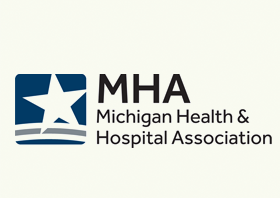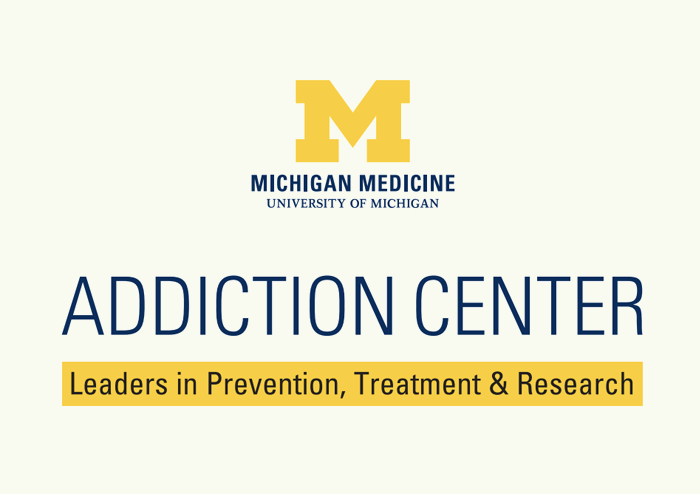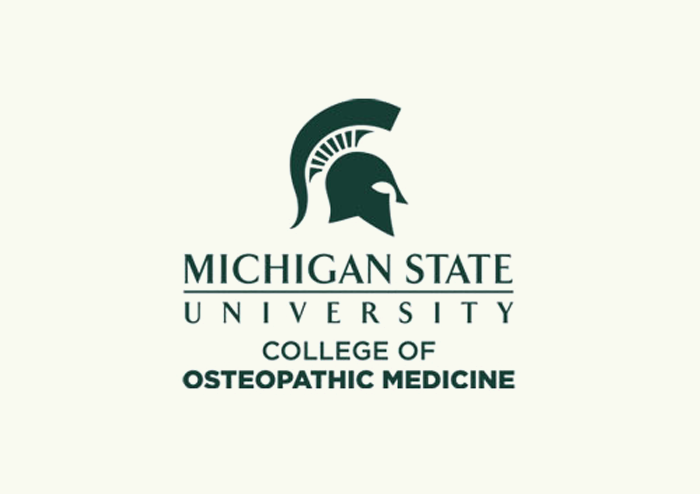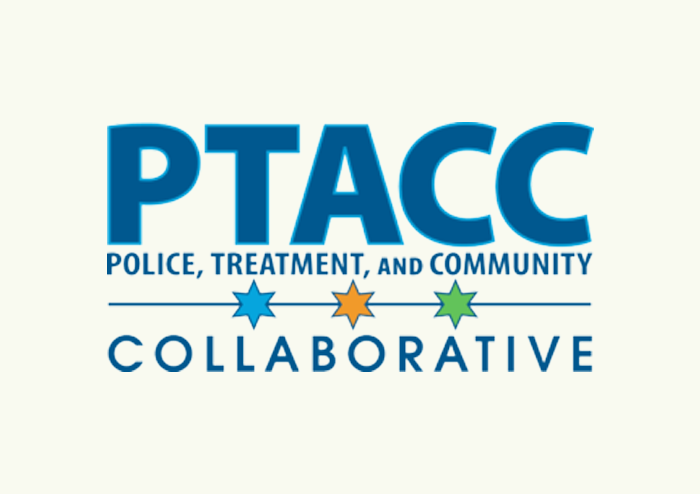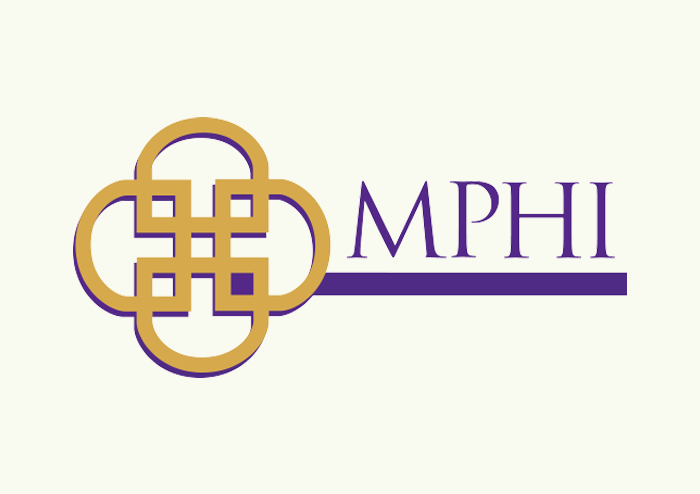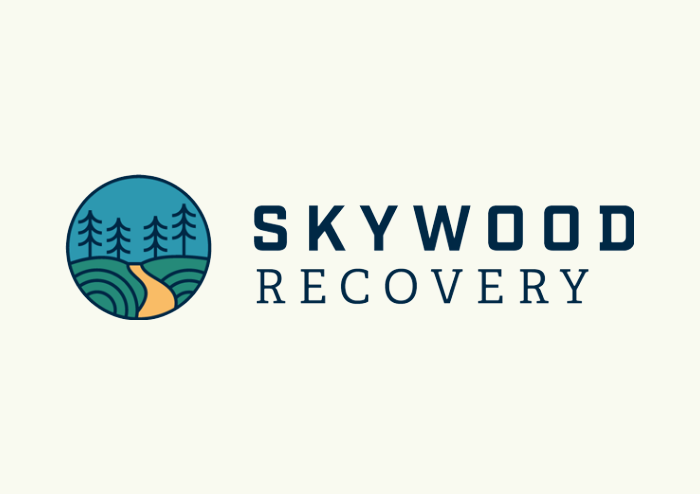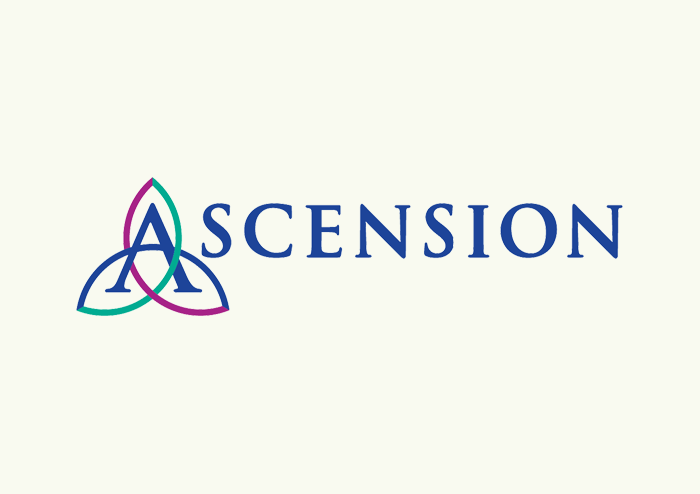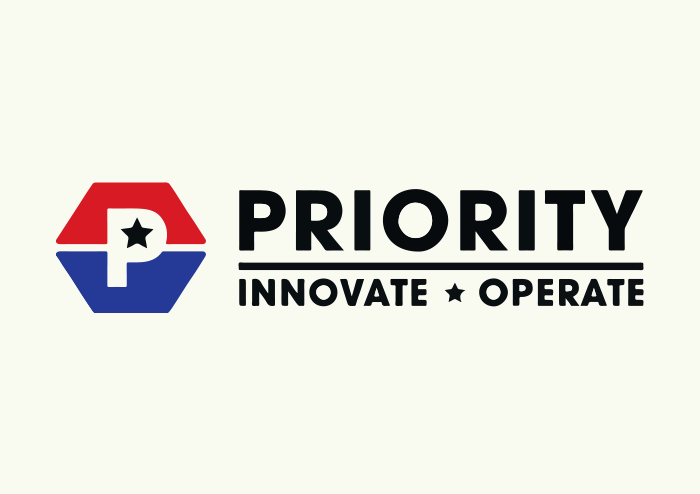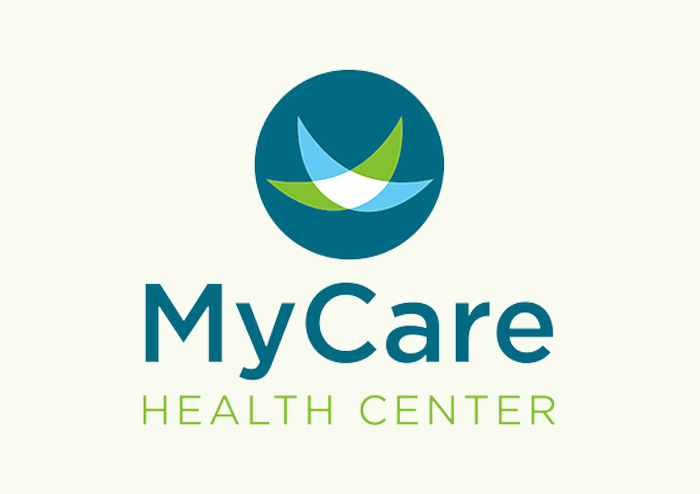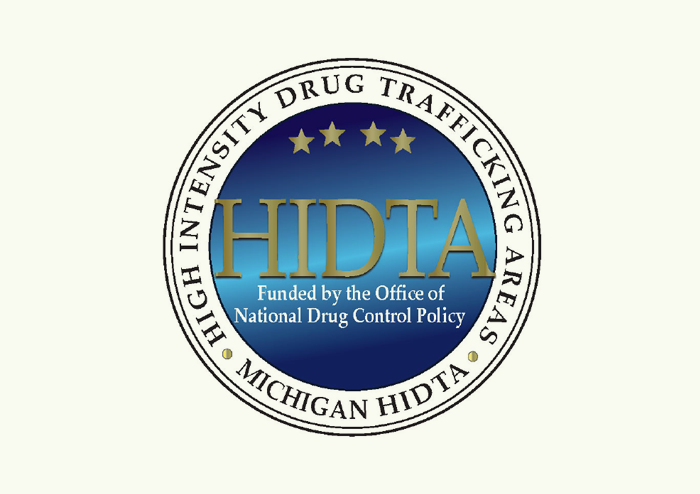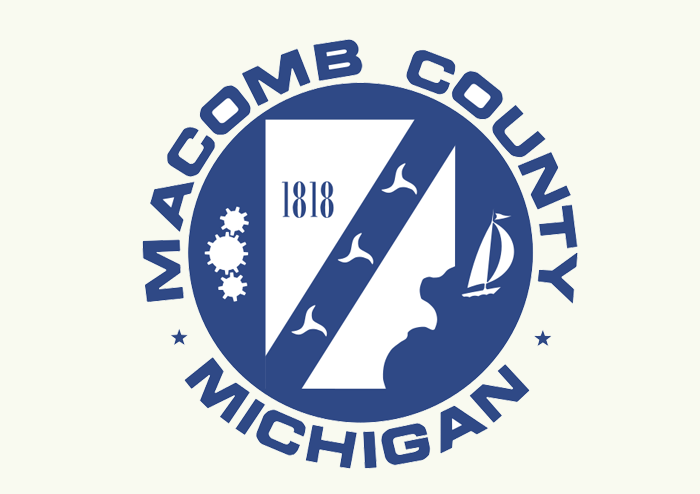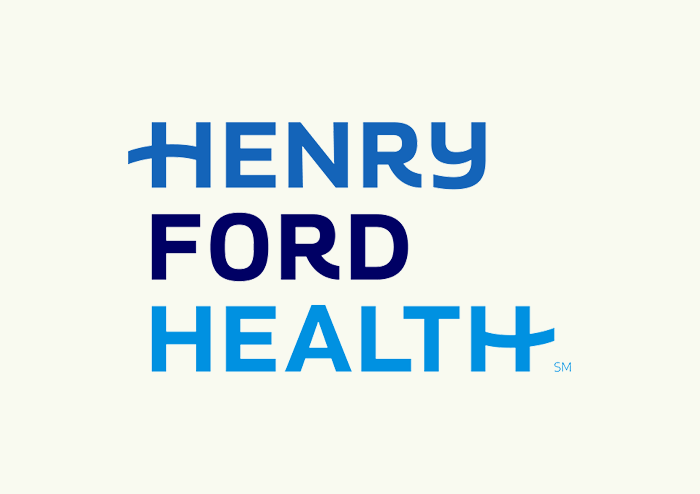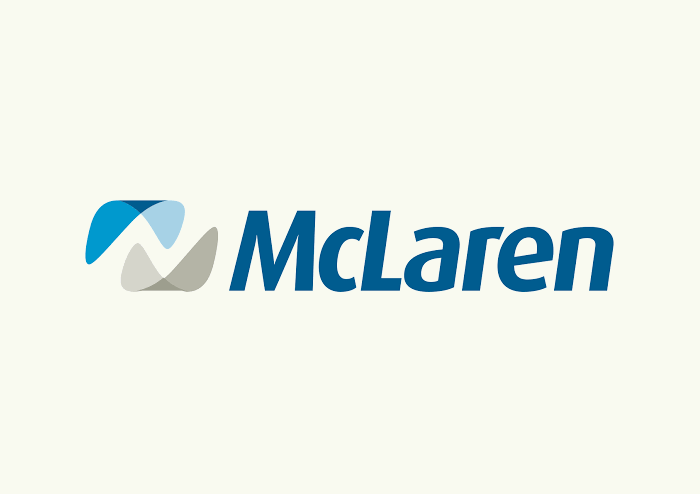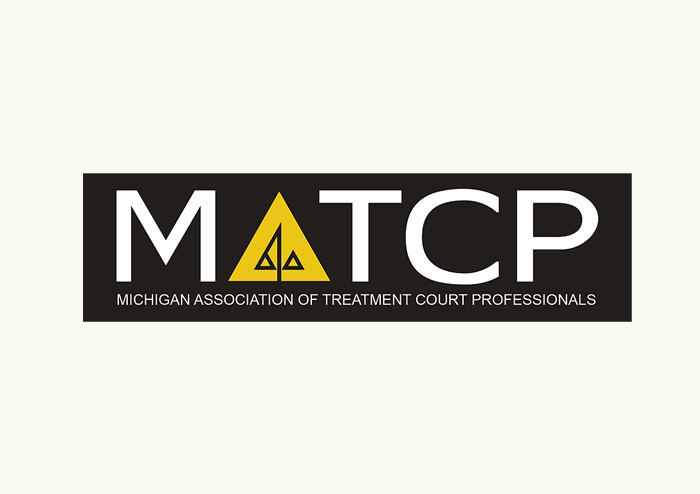Intended Audience:
This presentation is ideal for physicians, nurses, mental health professionals, social workers, healthcare administrators, and anyone involved in the care of patients with substance use disorders.
Description:
This session is designed to equip healthcare professionals with the knowledge and tools to provide compassionate and effective care for patients with substance use disorders (SUDs). It will cover best practices, treatment approaches, and the value of a coordinated care model to support patient recovery and long-term health.
Key Topics:
-
Understanding Substance Use Disorders: A comprehensive overview of SUDs, including their causes and the neurobiological underpinnings of addiction.
-
Patient-Centered Care: Highlighting the value of involving patients in their care decisions through respectful communication, shared goals, and supportive treatment planning.
-
Treatment Modalities: Overview of the different treatment options available, including behavioral therapies, medication-assisted treatment (MAT), and comprehensive approaches to support recovery.
-
Integrated Care Models: Exploring the benefits of integrated care, where medical, psychological, and support services are coordinated to provide well-rounded care to patients.
-
Addressing Bias in Healthcare: Exploring how negative perceptions of SUDs can impact patient care—and how increasing awareness within the medical community can lead to better outcomes and more effective treatment environments.
-
Harm Reduction Principles: Integrating practical approaches into patient care to reduce the risks associated with substance use and support safer outcomes.
-
Continuity of Care: It is important to ensure continuity of care and long-term support for patients in recovery, including follow-up care and relapse prevention strategies.
-
Collaboration in Care: Encouraging coordination among healthcare providers, community resources, and policymakers to enhance support for individuals with SUDs.

